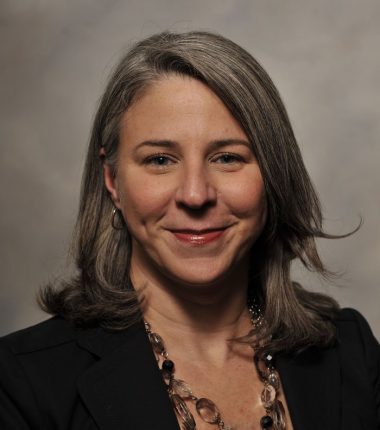In an interview with Charlotte-based WFAE radio on April 8, Elon Law professor and associate dean for academic affairs Catherine Dunham discussed the City of Charlotte’s request to play a larger role in the dispute between North Carolina and South Carolina regarding the use of water from the Catawba River, a dispute being overseen by a Special Master appointed by the U.S. Supreme Court.

The Supreme Court case, entitled South Carolina v. North Carolina, arose from a dispute between North Carolina and South Carolina over North Carolina’s authorized withdrawals from the Catawba River to provide fresh water to its cities. South Carolina would like to limit North Carolina’s withdrawals, claiming the state is being deprived of its fair share of the Catawba River’s water.
Because the City of Charlotte is the largest water user of the Catawba, the city would like to play a bigger role in a lawsuit between North and South Carolina. In early January, the U.S. Supreme Court ruled that Charlotte would not be allowed to participate as a separate party. Having been denied full party status in the case as an intervener, the city now seeks a less formal role called amicus curiae.
While it is common for groups that are not technically part of a lawsuit to file amicus briefs expressing their point of view, Dunham believes that Charlotte is requesting an unusual level of involvement.
“They want to have the communication status of a ‘party’ where they get all the documents and they are allowed to attend,” said Dunham in the interview with WFAE. “The question that begs the question is, if you’re the judge and you grant this request and they can attend depositions, can they object? Can they talk to the witnesses during the depositions?”
Having studied and worked in pre-trial litigation and trial advocacy for many years, Dunham suggests that Charlotte will not be allowed to have the level of involvement requested, such as being a part of regular conference calls between the states’ attorneys and the special master appointed to oversee the lawsuit, as well as hearings and depositions.
At Elon Law, Dunham teaches Civil Procedure, Appellate Advocacy, Pre-trial Litigation and other courses in the Trial Practice Program. Dunham also serves on the faculty of the National Institute for Trial Advocacy and teaches in regional and national advocacy programs.
By Danielle Appelman, L’12


